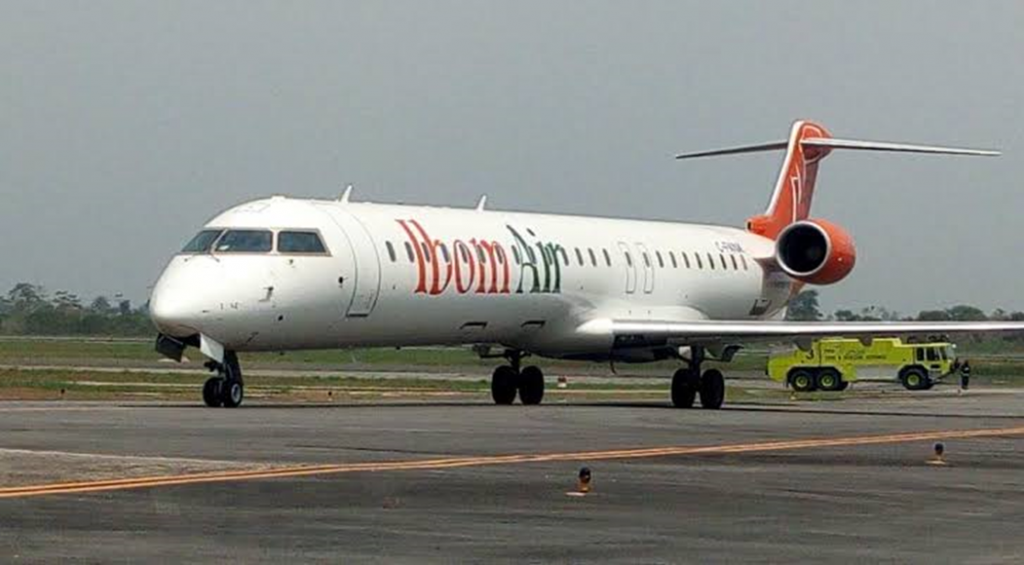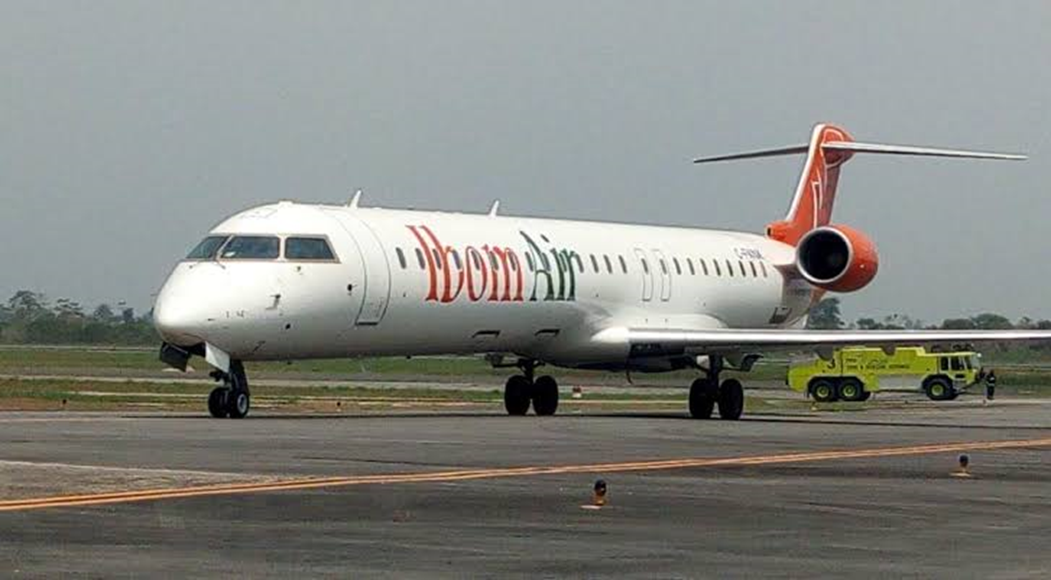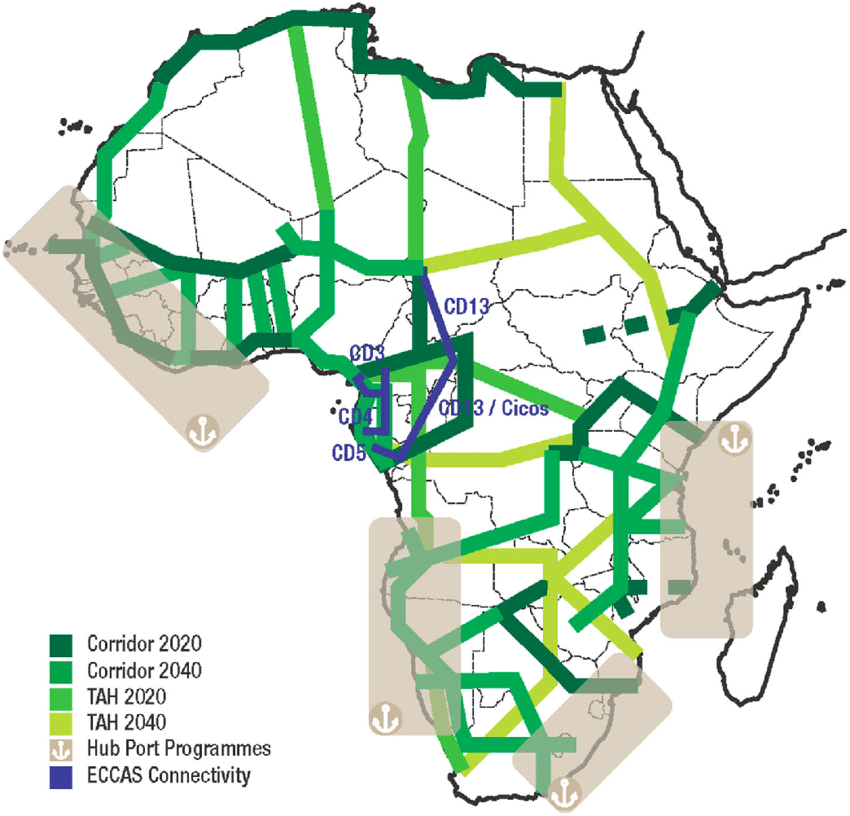
Ibom Air is planning to add another domestic route in the coming weeks as management re-boot efforts to transform Nigeria’s under-exploited civil aviation market.
The start-up carrier began operations in June 2019 with funding from the government of Akwa Ibom, the country’s largest oil-producing state. Its network was grounded during the onset of the Covid-19 pandemic, but flights resumed in July and one of two new routes planned before the crisis has already been launched.
Calabar became the airline’s fourth scheduled destination last month, joining capital city Abuja, financial hub Lagos and Uyo, the state capital of Akwa Ibom.
The airline’s next route will connect Lagos with another point in the south of the country, according to chief operating officer George Uriesi. He declined to name the city but ruled out Port Harcourt due to the risk of cannibalizing demand in Uyo.
Ibom Air currently deploys a fleet of five 90-seat Bombardier CRJ900 regional jets. Plans to induct another two units have been put on hold until the impact of the Covid-19 crisis is better understood.
“We are busy reviewing our business plan now and waiting to see what kind of traction we get,” Uriesi affirmed. “We intend to grow our fleet of CRJ900s to ten, and we will then change to another, bigger aircraft type. We were going to get to ten in three years, but with Covid-19 only God knows what’s going to happen.”
He said the addition of a larger aircraft type will drive expansion across West Africa and Central Africa – and “maybe up to East Africa eventually” – but that long-haul flying is not in the business plan.
Prior to the diversification of the fleet, Ibom Air will also launch cross-border operations with its existing aircraft.
“We will start with some of the nearby destinations like Accra [in Ghana], like Libreville in Gabon, like Douala in Cameroon,” Uriesi said, referring to outbound services from Lagos and Uyo. “We will do that with the CRJs.”
Longer-term, management envisage Uyo becoming a “semi-hub” that provides one-stop connections from coastal Central African states to Lagos, Abuja and the rest of West Africa. Inbound flows would primarily come from countries with poor connectivity, such as Equatorial Guinea, Gabon, Cameroon and São Tomé and Príncipe.
West Africa’s civil aviation market never fully recovered from the demise of Air Afrique, the transnational carrier that dominated air traffic across the sub-region in the second half of the 20th century.
Togo’s ASKY Airlines and Air Côte d’Ivoire are currently the largest local operators, but thin demand keeps their ticket prices high.
In Nigeria, by far West Africa’s most populous country, the sector is fragmented between a handful of small airlines with generally poor service levels and outdated fleets. The federal government pledged to raise the bar in 2018 by establishing a new, state-owned airline – only to abandon the project two months later.
Admitting that corruption and poor management have plagued the sector for years, Uriesi said he wants to show there is another way.
“We are determined to put corporate governance up-front,” he stressed. “Everything is for the airline, and everything is done in the interests of the airline. We are appointing an international auditor to do our annual financial audits and we going to be publishing our books in the newspaper, so we’re not hiding anything.
“We want to prove that this thing can be done properly and done well.”















